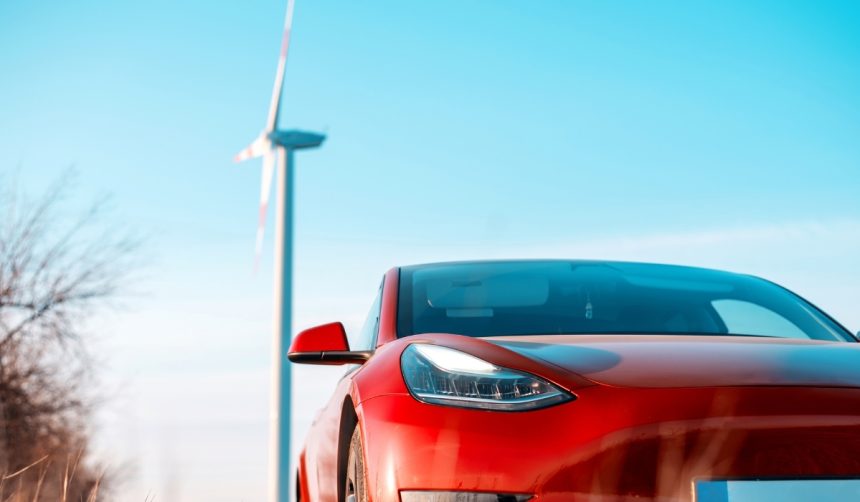Consumers tracking vehicle safety updates received fresh news as Tesla announced a recall of 6,197 Cybertrucks related to a faulty adhesive used for attaching an optional light bar. The issue centers around the application of BetaPrime primer, which was inadvertently used during installation, causing concerns over the secure attachment of the light bar to the windshield. While Tesla assures that no injuries or accidents have resulted from this problem, the response highlights ongoing diligence in upholding product standards for their flagship electric truck. Questions about supplier materials have been defused, shifting focus to the installation process rather than manufacturing defects. This latest recall marks another step in Tesla’s ongoing dialogue with regulators and owners, seeking to sustain confidence in its newest product range.
Other recalls involving the Tesla Cybertruck have focused on external trim panels and overly bright parking lights, with both issues addressed through standard replacements and software updates. Individual owner reports and regulator notices have pushed Tesla to develop quick remedies, often involving free service calls or remote software fixes. Unique in this case is Tesla’s identification that an improper primer, rather than substandard material from the Romanian supplier Hella Romania S.R.L., lay at the heart of the light bar adhesion issue. Across different reports, the company’s responsiveness and commitment to customer safety have remained consistent, with little variation in the outlined remedial strategies compared to prior instances. Such patterns show Tesla’s willingness to handle post-release problems with a mix of transparency and technical solutions.
What Led to the Latest Cybertruck Recall?
Testing revealed in October that BetaPrime primer was not suitable for bonding the off-road light bar accessory to the Cybertruck’s windshield. The recall affects vehicles with aftermarket light bars installed by Tesla service using the incorrect surface primer, prompting investigations and chemical studies to pinpoint the catalyst for the adhesion concerns.
How Is Tesla Addressing Customer Concerns?
Tesla is conducting free inspections of the light bar accessory on affected vehicles and replacing or retrofitting the component where necessary. The company clarified that units with delaminated or damaged light bars would receive new parts affixed with improved adhesive and mechanical fasteners. If no damage is found, a retrofit with a positive mechanical attachment will be applied to enhance safety and reliability.
What Has Tesla Communicated About the Recall?
In its official statement, Tesla emphasized that the issue stems solely from surface primer selection rather than component manufacture. The company assured that reports of incidents remain rare, with only a single field report and 619 warranty claims filed. Tesla reiterated their commitment to customer safety, stating,
“At no charge to customers, Tesla will inspect the service-installed optional off-road light bar accessory for delamination or damage and if either is present, replace the light bar with a new light bar adhered with tape and a positive mechanical attachment. If no delamination or damage is present, Tesla will retrofit the service-installed optional off-road light bar accessory with a positive mechanical attachment.”
The automaker further added,
“There are no reports of injuries or deaths due to this issue, and it will be resolved.”
Vehicle recalls remain a critical part of product management in the automotive sector, especially for new models like the Tesla Cybertruck. Adhesive failures, as seen with this light bar recall, highlight the fine details manufacturers must address when integrating aftermarket parts or accessories. For owners, it is important to respond to recall notices promptly, as failure to address defects can lead to further complications or affect the vehicle’s value. Regular communication between automakers, safety agencies, and customers helps mitigate risks efficiently. While recurring recalls may cause temporary inconvenience, proactive responses often maintain customer trust and contribute to continual improvement in automotive quality.










